While 2020 saw an explosion of DeFi, the outshining of NFT can be clearly traced back to 2021, when Beeple sold his digital artwork as an NFT for $69 million. Projects began to spring up left, right, and center. Now that the market is so crowded, OpenSea has a staggering percentage of listed NFTs that aren't being purchased. Besides, while last year was revolutionary, this year has only seen a few wow moments from the new industry. Aside from the OkayBear craze that seemed to be the highlight of the year, a couple of events here and there, and the sale of the coffin dance meme NFT back in April, it's safe to say that 2022 hasn't been the massive breakout we were expecting, and the fact that NFT sales are down more than 90% in the last year pretty much proves this point.
So now is the season to reflect, re-strategize, and re-equip projects with the necessary essentials to break through the limitation wall and remain relevant in such tumultuous market conditions. And NFT utility could very well be the next big thing that propels the market to the next phase of development.
What is Utility?
Utility generally refers to the value derived from something, or the additional value added to a product or service. For example, when cryptocurrencies are used for more than just buying, selling, and storing value. Many Cryptocurrencies, such as BNB, can be used to complete transactions, pay for goods and services, and participate in exclusive sales. Other tokens can be staked, used for governance, used to become a validator or node that completes the transaction process in the blockchain, and used in a variety of other ways.
What is NFT Utility?
NFT utility, on the other hand, is the added value attached to an NFT project that elevates it above the status of a unique digital asset. It includes "perks" in the form of rewards and access privileges to holders that are not generally available in the market or to other NFT project holders. NFT utilities can exist to serve the community and be geared towards a specific cause, which would improve the project's image and further expand and grow the community in size, value, and profits.
For example, a project may issue several thousand NFT passes to its holders. If the company has a partnership with a nightclub, this NFT pass can be used to gain access to an exclusive VIP section of the club that is not open to the general public. The NFT utility adds another way to reap real-world benefits from owning a virtual asset.
Types of NFT Utility
There are numerous ways in which utility can be added to NFT projects to benefit stakeholders. These utilities can be broadly classified as, but are not limited to;
Benefit
This type of utility covers all exclusive benefits and provides the holder with satisfaction and ease. Exclusive access to events or services, whitelist passes, and free memberships are all examples of this type of utility.
Usability
When utility takes the form of things that can be used to satisfy an NFT holder, it is considered to fall under the usability form of NFT utility. Examples include project merchandise in form of fashion items, stickers, artwork, or collectible items such as game cards or virtual badges.
Profitability
NFT utility can also be used to provide a means for holders to obtain extra money. While this can be accomplished through direct profit distribution to all holders, it can also be done through staking options, free NFTs during the minting process, and airdrop of the project token to NFT collection holders.
Why is NFT Utility Important?
It would be unfair to say that a project cannot or has never done well without some form of utility. Goblin.wtf is a project with no utility, roadmap, or standard structure. It even had a free mint, and the project took off. Mfer NFT is similar in that it minted at 0.069 ETH but had a higher of 3.2 ETH and now has a floor price of more than 1 ETH. To top it all off, the top NFT, Bored Ape Yacht Club, started out with no utility. BAYC then introduced utility in the form of NFT rewards for mints, as well as exclusive access to services and events.
The top project leaning toward utility in its quest for expansion and development should provide an indication of how important utility is to any NFT project.
Competitive advantage
The market is currently saturated with projects across chains, and people will begin to look for what differentiates a project before subscribing to the community. Having a solid roadmap and utility that provides more value than the competition is a better way to attract investors.
Community building
Sharing benefits with the community fosters a sense of togetherness. If all members of an NFT community do is list, buy, and sell their digital assets, there is no need for ongoing, in-depth interactions or connections. Projects can create utility for specific demographics, allowing members to relate better because they have similar interests outside of the project.
Value creation
Most people who join NFT projects do so in order to make more money or to benefit from the project in some way. When floor prices fall below the expected margin, what keeps the buzz going and people interested in the project is the value added to existing members and the potential value for those looking to join.
NFT Utility Ideas
The goal of web3 and its applications is for them to become the dominant mode of operation and how people interact, share information, and conduct various transactions. NFT utility ideas pervade all aspects of life and will grow in potential as the world evolves. Here are some suggestions that we have compiled.
Exclusive Access
Everyone wants to feel special or to be a part of a VIP event. And having a private channel within the Discord server isn't enough; you can also take steps to gain access to concerts, sporting events, conferences, and any other "invites only" gathering. You can host events that are only open to members of the community and invite celebrities and performers. Because NFT projects typically have holders from all over the world, and you would naturally want to be inclusive, the metaverse can be explored as a hybrid or full option to host such events.
Social Services
Another intriguing concept is the inclusion of social benefits. You can have a healthcare plan that offers holders a percentage off hospital bills. Insurance covers digital assets, crypto or other occupational assistance, scholarships to workshops or even educational scholarships and professional exams, and housing benefits that can be either landed property or digital real estate. This can be arranged as discounts or full subscription to any of those packages.
Giveaways
People get excited at the thought of free stuff, it doesn't matter how much they already have. Including a free collection alongside your main collection is a thoughtful utility concept that is already being done. This will encourage buying more of the digital asset and also holding, encouraging diamond hands, and fostering a solid community. A project could also organize airdrops of the project native token or other tokens at periodic intervals or after the completion of tasks as a way to keep members active and satisfied.
Humanitarian services
Another concept that does not directly affect holders is providing services to the outside community and humanity at large. NFT projects are always a good way to bring people together to solve environmental issues such as climate change; you can organize tree planting or sensitization campaigns. Relief items can also be donated to charities and shelters in the name of the project as a way to give back. This will not only make the world a better place for all of us, but it will also help to promote the project's image and attract investors, partners, and supporters.
Conclusion
NFT communities that want to incorporate utilities into their ecosystems need to be inclusive, engaging, and open-minded. Asking members of your community what they think, conducting polls, and making choices in such a way that all members of the team and the community are kept informed and involved is the most effective way to determine what will work in the long run.
Storing your cryptocurrencies in online wallets, exchanges and software wallets exposes you to risks of being hacked. Consider storing them in a hardware wallet today
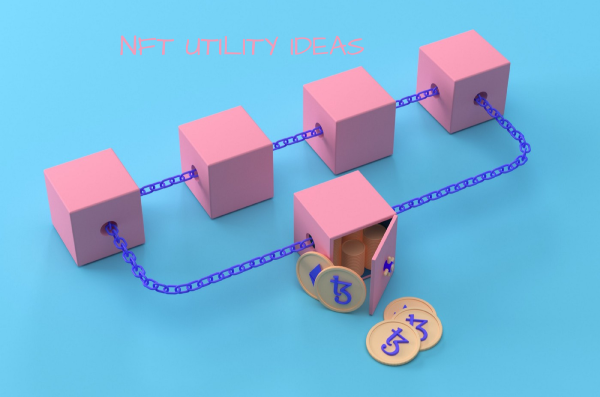

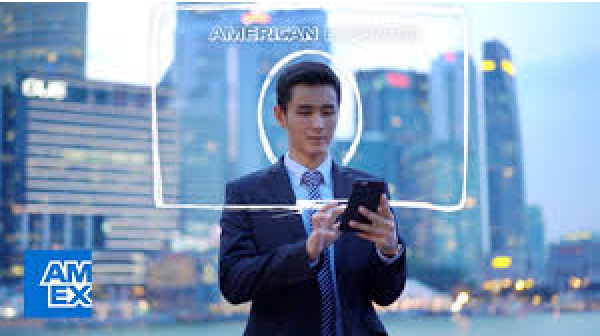
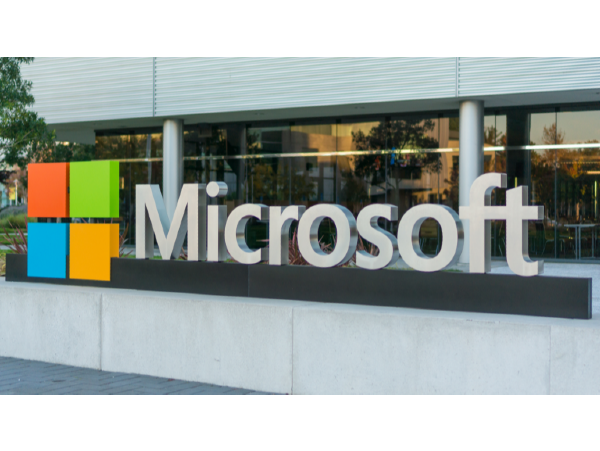
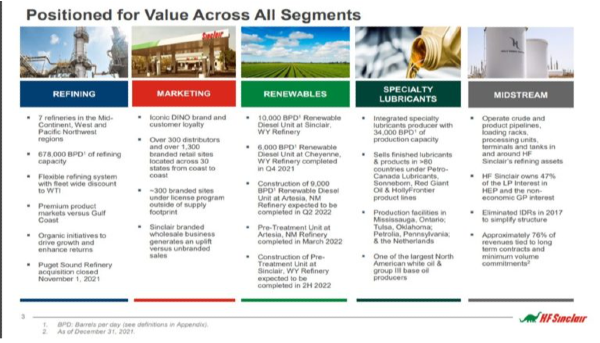
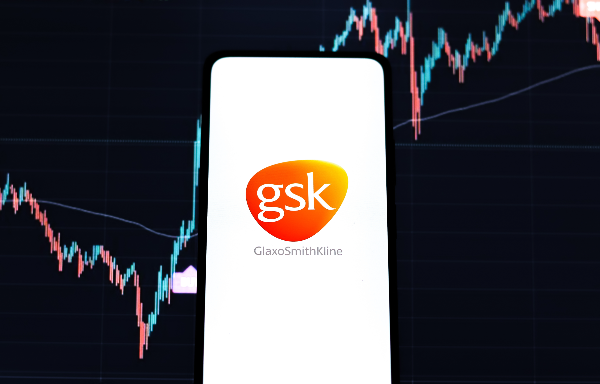
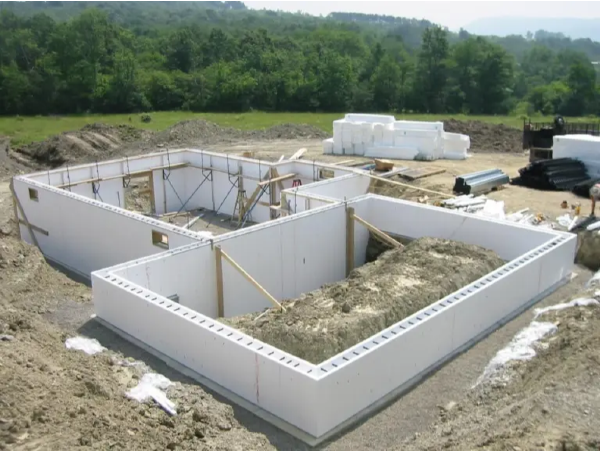
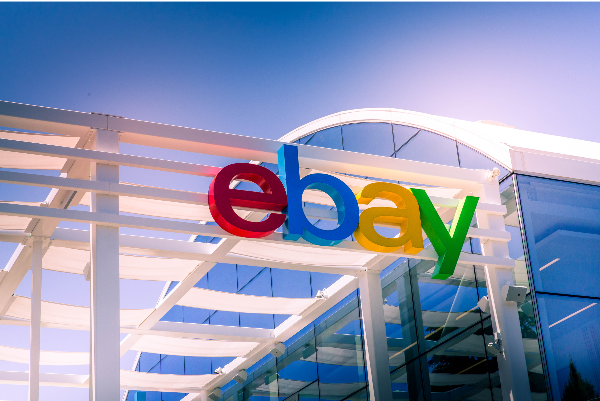
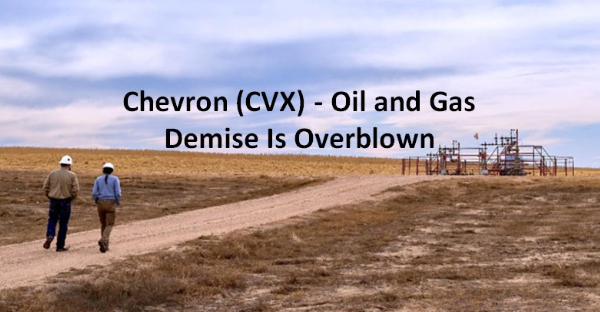
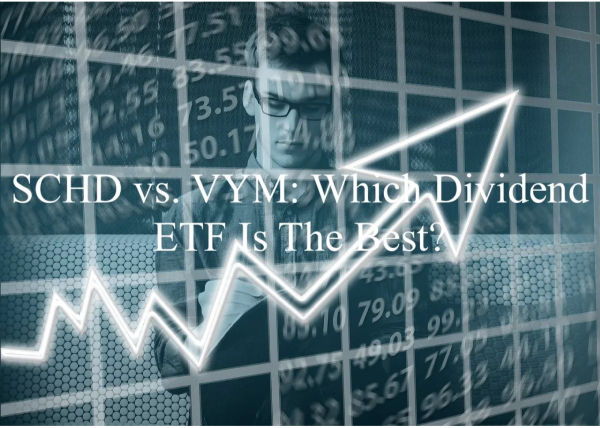

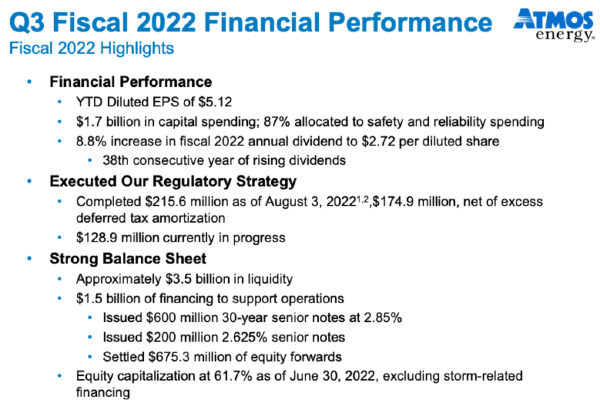
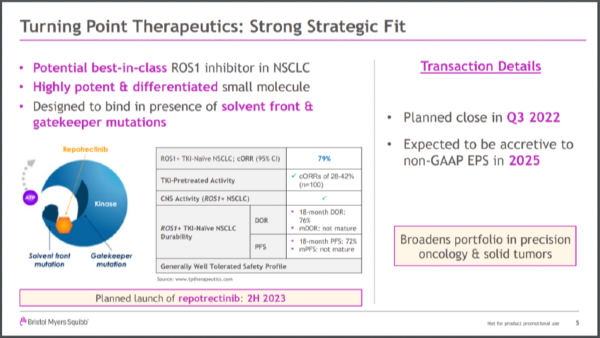
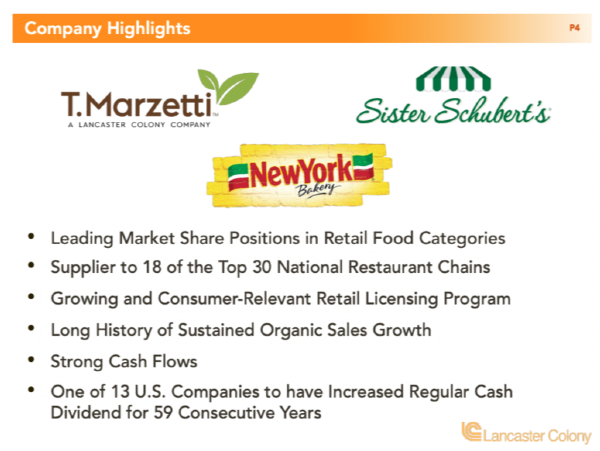
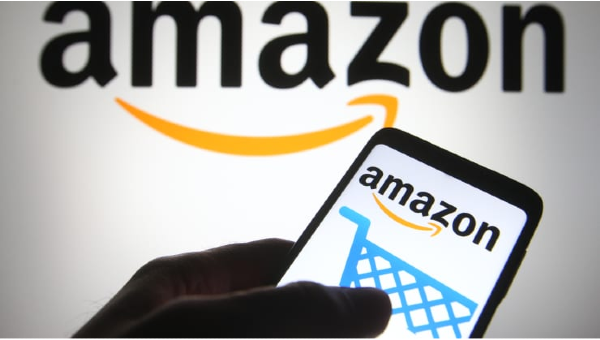
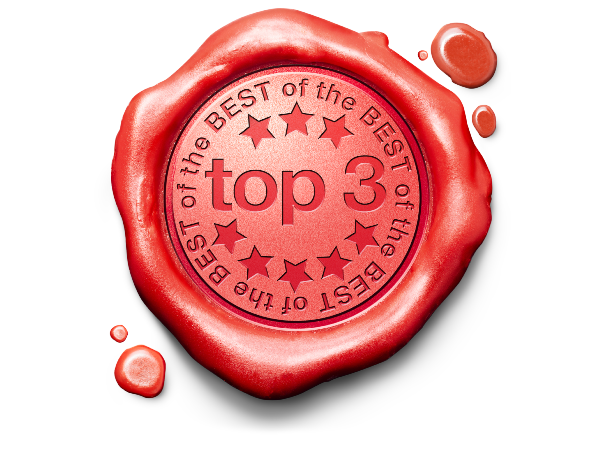
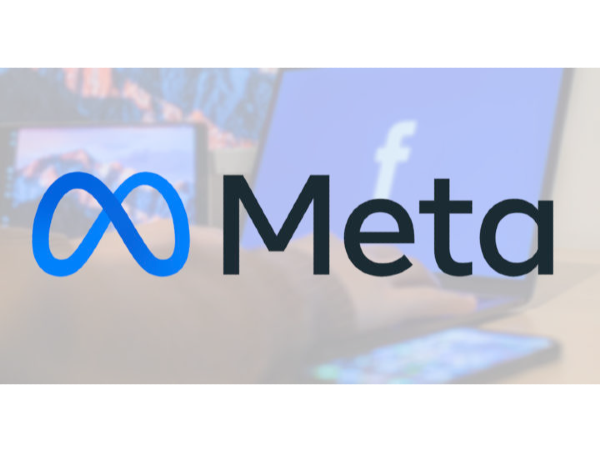




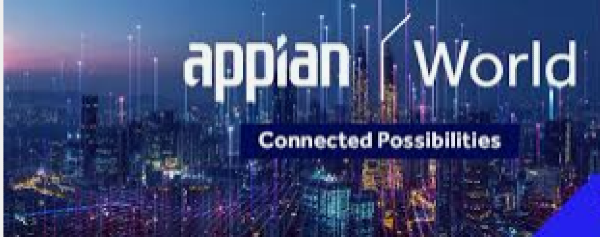








While 2020 saw an explosion of DeFi, the outshining of NFT can be clearly traced back to 2021, when Beeple sold his digital artwork as an NFT for $69 million. Projects began to spring up left, right, and center. Now that the market is so crowded, OpenSea has a staggering percentage of listed NFTs that aren't being purchased. Besides, while last year was revolutionary, this year has only seen a few wow moments from the new industry. Aside from the OkayBear craze that seemed to be the highlight of the year, a couple of events here and there, and the sale of the coffin dance meme NFT back in April, it's safe to say that 2022 hasn't been the massive breakout we were expecting, and the fact that NFT sales are down more than 90% in the last year pretty much proves this point.
So now is the season to reflect, re-strategize, and re-equip projects with the necessary essentials to break through the limitation wall and remain relevant in such tumultuous market conditions. And NFT utility could very well be the next big thing that propels the market to the next phase of development.
What is Utility?
Utility generally refers to the value derived from something, or the additional value added to a product or service. For example, when cryptocurrencies are used for more than just buying, selling, and storing value. Many Cryptocurrencies, such as BNB, can be used to complete transactions, pay for goods and services, and participate in exclusive sales. Other tokens can be staked, used for governance, used to become a validator or node that completes the transaction process in the blockchain, and used in a variety of other ways.
What is NFT Utility?
NFT utility, on the other hand, is the added value attached to an NFT project that elevates it above the status of a unique digital asset. It includes "perks" in the form of rewards and access privileges to holders that are not generally available in the market or to other NFT project holders. NFT utilities can exist to serve the community and be geared towards a specific cause, which would improve the project's image and further expand and grow the community in size, value, and profits.
For example, a project may issue several thousand NFT passes to its holders. If the company has a partnership with a nightclub, this NFT pass can be used to gain access to an exclusive VIP section of the club that is not open to the general public. The NFT utility adds another way to reap real-world benefits from owning a virtual asset.
Types of NFT Utility
There are numerous ways in which utility can be added to NFT projects to benefit stakeholders. These utilities can be broadly classified as, but are not limited to;
Benefit
This type of utility covers all exclusive benefits and provides the holder with satisfaction and ease. Exclusive access to events or services, whitelist passes, and free memberships are all examples of this type of utility.
Usability
When utility takes the form of things that can be used to satisfy an NFT holder, it is considered to fall under the usability form of NFT utility. Examples include project merchandise in form of fashion items, stickers, artwork, or collectible items such as game cards or virtual badges.
Profitability
NFT utility can also be used to provide a means for holders to obtain extra money. While this can be accomplished through direct profit distribution to all holders, it can also be done through staking options, free NFTs during the minting process, and airdrop of the project token to NFT collection holders.
Why is NFT Utility Important?
It would be unfair to say that a project cannot or has never done well without some form of utility. Goblin.wtf is a project with no utility, roadmap, or standard structure. It even had a free mint, and the project took off. Mfer NFT is similar in that it minted at 0.069 ETH but had a higher of 3.2 ETH and now has a floor price of more than 1 ETH. To top it all off, the top NFT, Bored Ape Yacht Club, started out with no utility. BAYC then introduced utility in the form of NFT rewards for mints, as well as exclusive access to services and events.
The top project leaning toward utility in its quest for expansion and development should provide an indication of how important utility is to any NFT project.
Competitive advantage
The market is currently saturated with projects across chains, and people will begin to look for what differentiates a project before subscribing to the community. Having a solid roadmap and utility that provides more value than the competition is a better way to attract investors.
Community building
Sharing benefits with the community fosters a sense of togetherness. If all members of an NFT community do is list, buy, and sell their digital assets, there is no need for ongoing, in-depth interactions or connections. Projects can create utility for specific demographics, allowing members to relate better because they have similar interests outside of the project.
Value creation
Most people who join NFT projects do so in order to make more money or to benefit from the project in some way. When floor prices fall below the expected margin, what keeps the buzz going and people interested in the project is the value added to existing members and the potential value for those looking to join.
NFT Utility Ideas
The goal of web3 and its applications is for them to become the dominant mode of operation and how people interact, share information, and conduct various transactions. NFT utility ideas pervade all aspects of life and will grow in potential as the world evolves. Here are some suggestions that we have compiled.
Exclusive Access
Everyone wants to feel special or to be a part of a VIP event. And having a private channel within the Discord server isn't enough; you can also take steps to gain access to concerts, sporting events, conferences, and any other "invites only" gathering. You can host events that are only open to members of the community and invite celebrities and performers. Because NFT projects typically have holders from all over the world, and you would naturally want to be inclusive, the metaverse can be explored as a hybrid or full option to host such events.
Social Services
Another intriguing concept is the inclusion of social benefits. You can have a healthcare plan that offers holders a percentage off hospital bills. Insurance covers digital assets, crypto or other occupational assistance, scholarships to workshops or even educational scholarships and professional exams, and housing benefits that can be either landed property or digital real estate. This can be arranged as discounts or full subscription to any of those packages.
Giveaways
People get excited at the thought of free stuff, it doesn't matter how much they already have. Including a free collection alongside your main collection is a thoughtful utility concept that is already being done. This will encourage buying more of the digital asset and also holding, encouraging diamond hands, and fostering a solid community. A project could also organize airdrops of the project native token or other tokens at periodic intervals or after the completion of tasks as a way to keep members active and satisfied.
Humanitarian services
Another concept that does not directly affect holders is providing services to the outside community and humanity at large. NFT projects are always a good way to bring people together to solve environmental issues such as climate change; you can organize tree planting or sensitization campaigns. Relief items can also be donated to charities and shelters in the name of the project as a way to give back. This will not only make the world a better place for all of us, but it will also help to promote the project's image and attract investors, partners, and supporters.
Conclusion
NFT communities that want to incorporate utilities into their ecosystems need to be inclusive, engaging, and open-minded. Asking members of your community what they think, conducting polls, and making choices in such a way that all members of the team and the community are kept informed and involved is the most effective way to determine what will work in the long run.
Storing your cryptocurrencies in online wallets, exchanges and software wallets exposes you to risks of being hacked. Consider storing them in a hardware wallet today